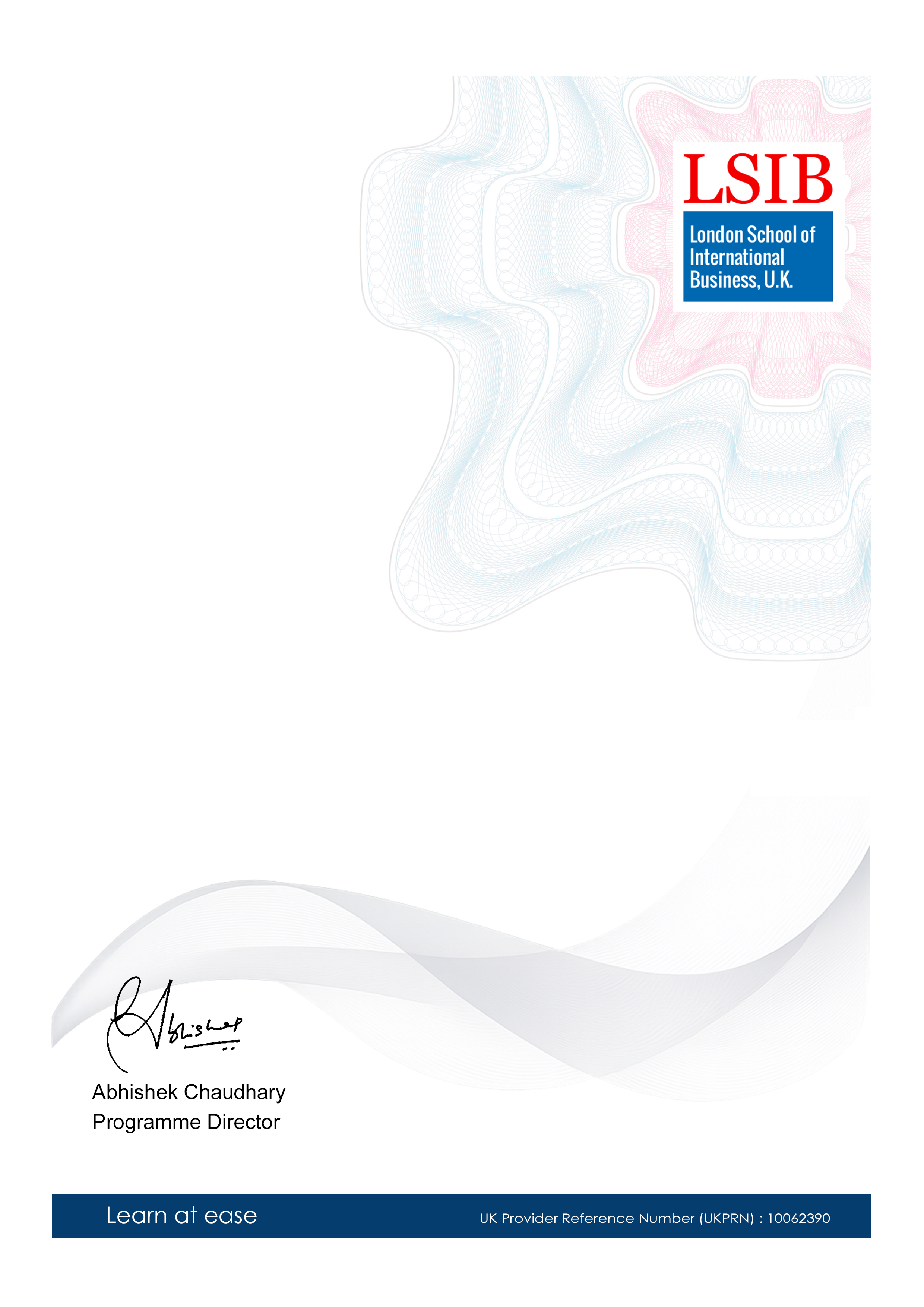Intermittent Fasting for Rheumatoid Arthritis Patients
-- viewing nowIntermittent Fasting (IF) is a dietary approach showing promise for managing Rheumatoid Arthritis (RA) symptoms. For individuals with RA, chronic inflammation is a major concern.
3,689+
Students enrolled
GBP £ 140
GBP £ 202
Save 44% with our special offer
About this course
100% online
Learn from anywhere
Shareable certificate
Add to your LinkedIn profile
2 months to complete
at 2-3 hours a week
Start anytime
No waiting period
Course details
• Consulting with a Rheumatologist and/or Registered Dietitian before starting any IF protocol.
• Identifying the best IF schedule for your individual needs and lifestyle (e.g., 16/8 method, 5:2 diet).
• Monitoring inflammation markers (e.g., CRP, ESR) and pain levels throughout the IF process.
• Prioritizing nutrient-dense foods during your eating window to ensure adequate intake of vitamins and minerals.
• Staying adequately hydrated throughout the day, especially during fasting periods.
• Recognizing and managing potential side effects such as fatigue, headaches, or dizziness.
• Gradual implementation of IF to minimize potential discomfort and allow your body to adapt.
• Incorporating regular exercise and stress-reduction techniques for overall well-being.
Career path
Intermittent Fasting and Rheumatoid Arthritis: Exploring Potential Benefits
Research suggests that intermittent fasting (IF) may offer benefits for individuals with Rheumatoid Arthritis (RA) by potentially reducing inflammation and improving overall health. However, it's crucial to consult your doctor before starting any IF regimen, especially if you have RA.
Understanding IF Protocols for RA Management
Various IF protocols exist, such as the 16/8 method or 5:2 diet. Finding the right approach for your individual needs and RA management plan is essential. Remember, consistency and proper nutritional intake during eating windows are key.
Career Roles in Rheumatoid Arthritis Management (UK)
| Job Role | Description |
|---|---|
| Rheumatology Nurse (Primary Care) | Provides direct patient care, medication management, and education. Focus on early intervention and support. |
| Rheumatology Consultant (Secondary Care) | Specializes in the diagnosis and treatment of complex RA cases, often leading research initiatives. |
| Occupational Therapist (RA Specialisation) | Assists patients in adapting to daily life with RA, focusing on adaptive techniques and assistive devices. |
| Physiotherapist (Musculoskeletal) | Focuses on pain management, mobility improvement, and exercise programs tailored for RA patients. |
Entry requirements
- Basic understanding of the subject matter
- Proficiency in English language
- Computer and internet access
- Basic computer skills
- Dedication to complete the course
No prior formal qualifications required. Course designed for accessibility.
Course status
This course provides practical knowledge and skills for professional development. It is:
- Not accredited by a recognized body
- Not regulated by an authorized institution
- Complementary to formal qualifications
You'll receive a certificate of completion upon successfully finishing the course.
Why people choose us for their career
Loading reviews...
Frequently Asked Questions
Course fee
- 3-4 hours per week
- Early certificate delivery
- Open enrollment - start anytime
- 2-3 hours per week
- Regular certificate delivery
- Open enrollment - start anytime
- Full course access
- Digital certificate
- Course materials
Get course information
Earn a career certificate

